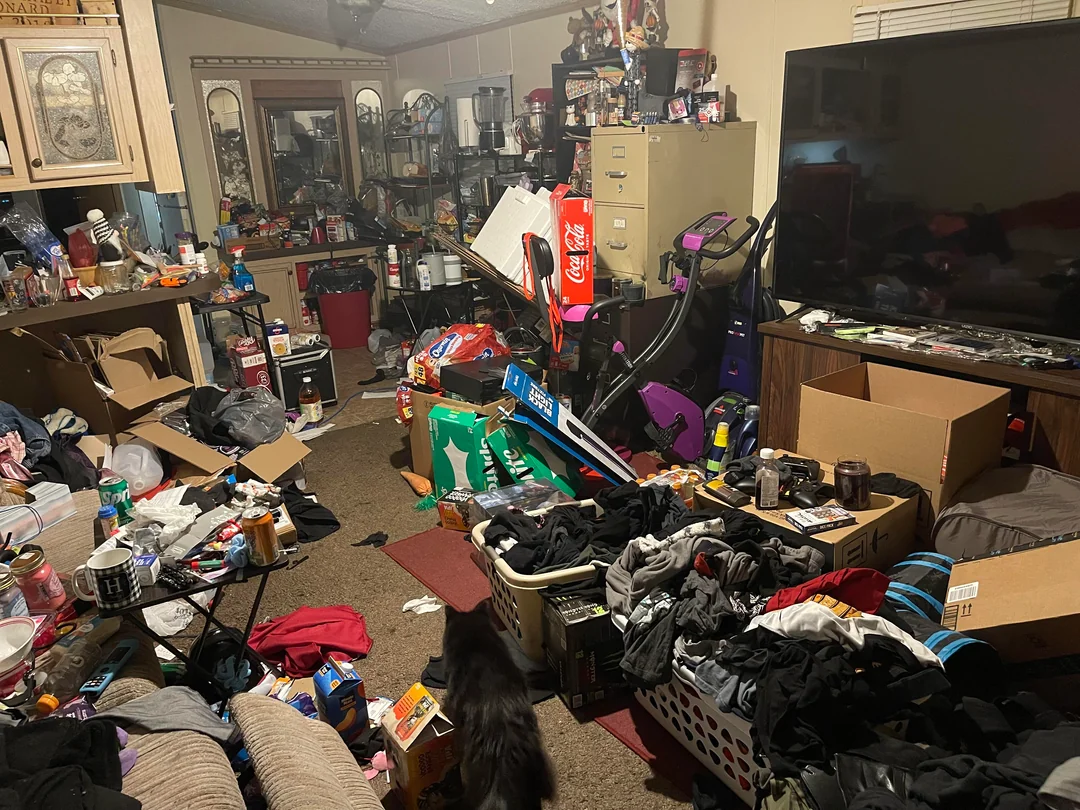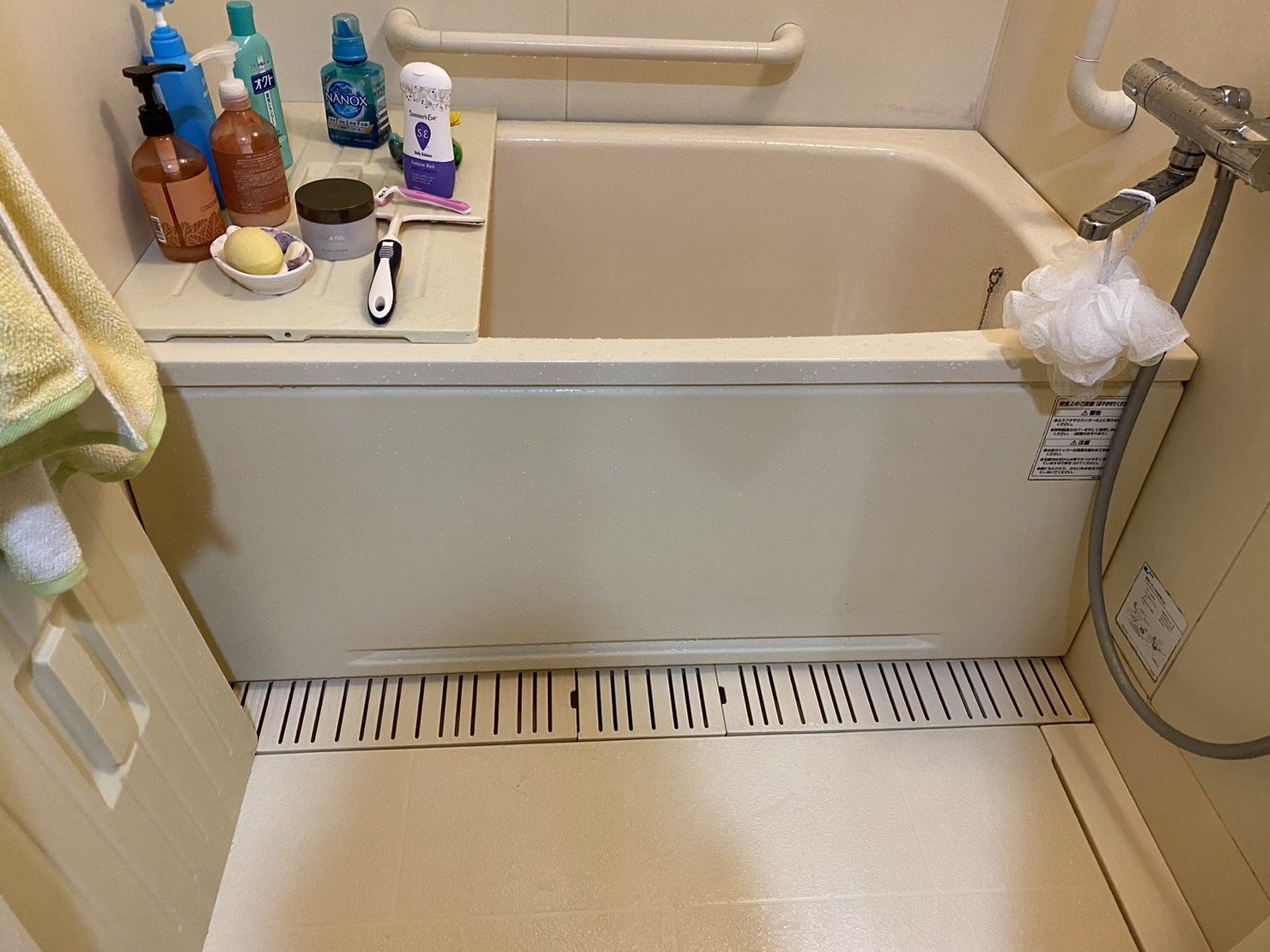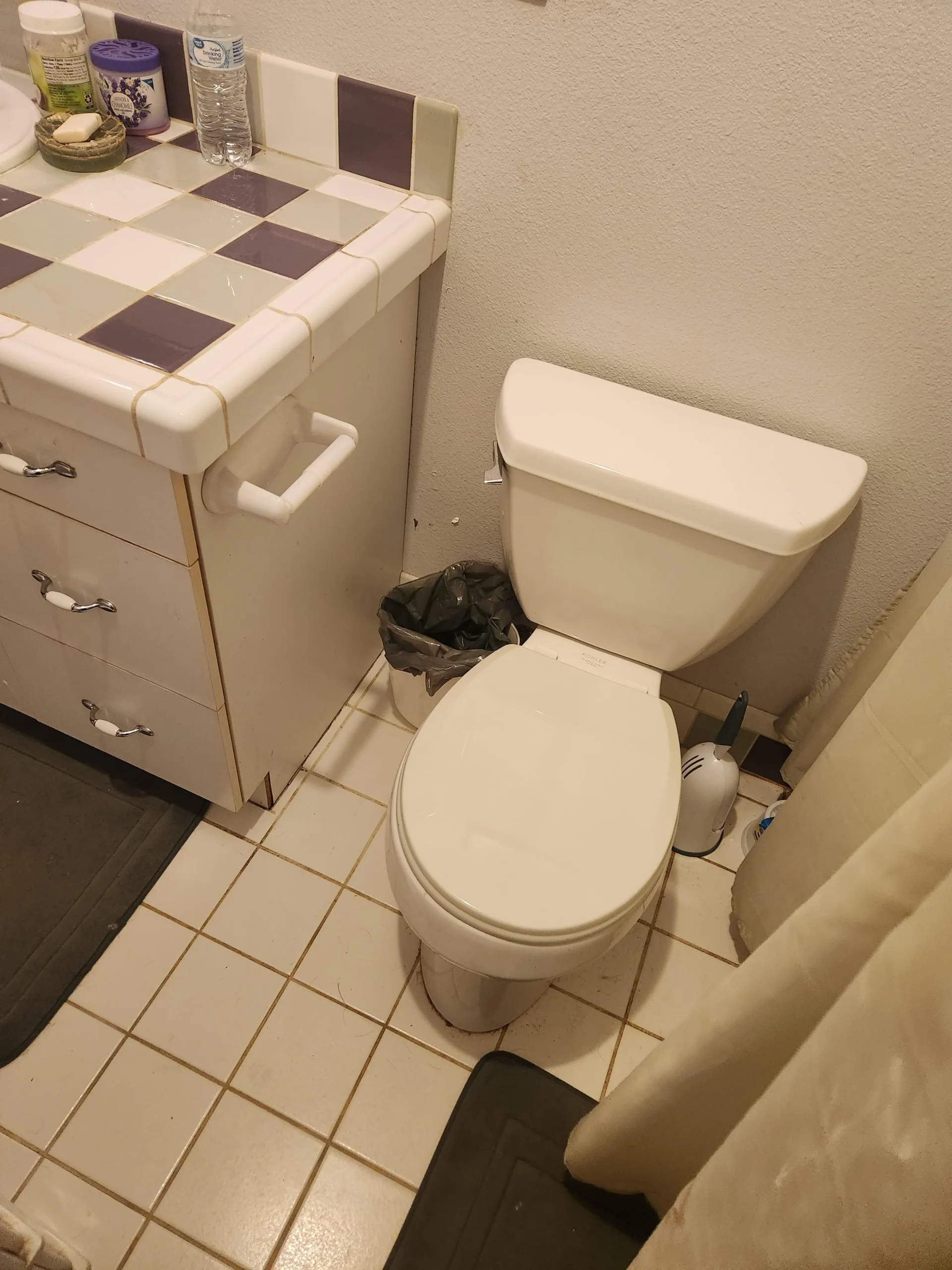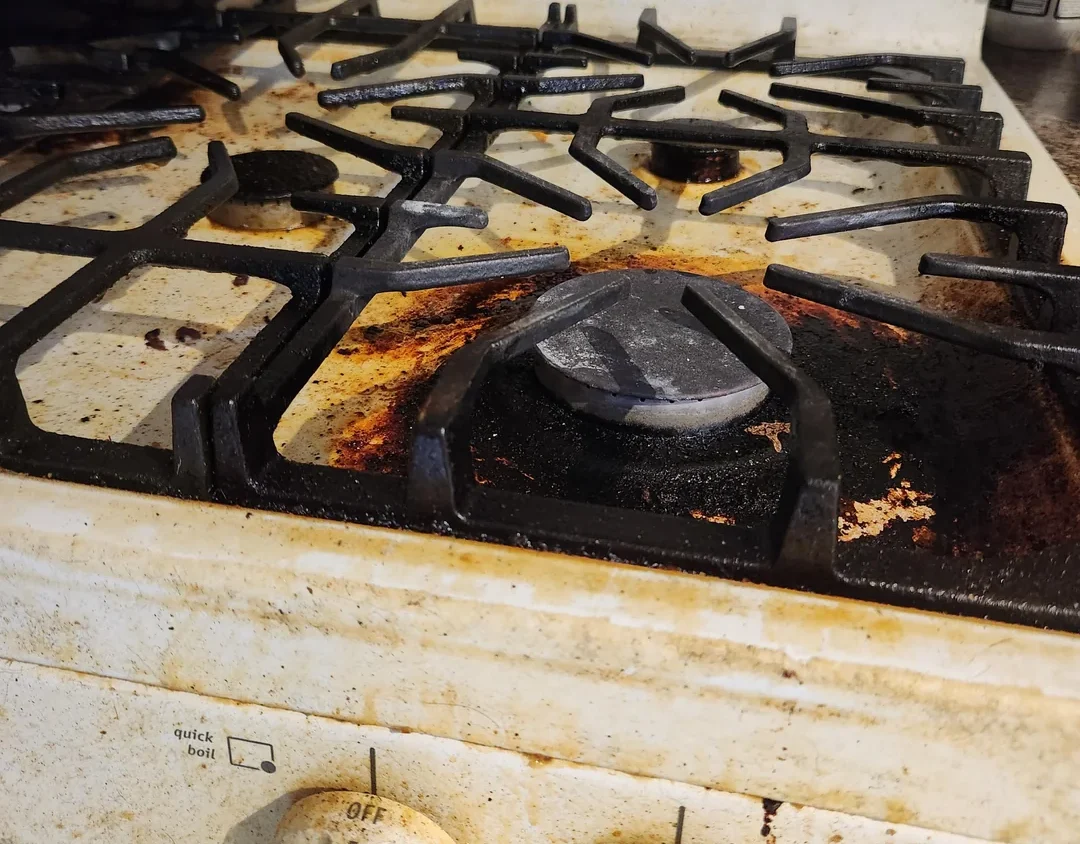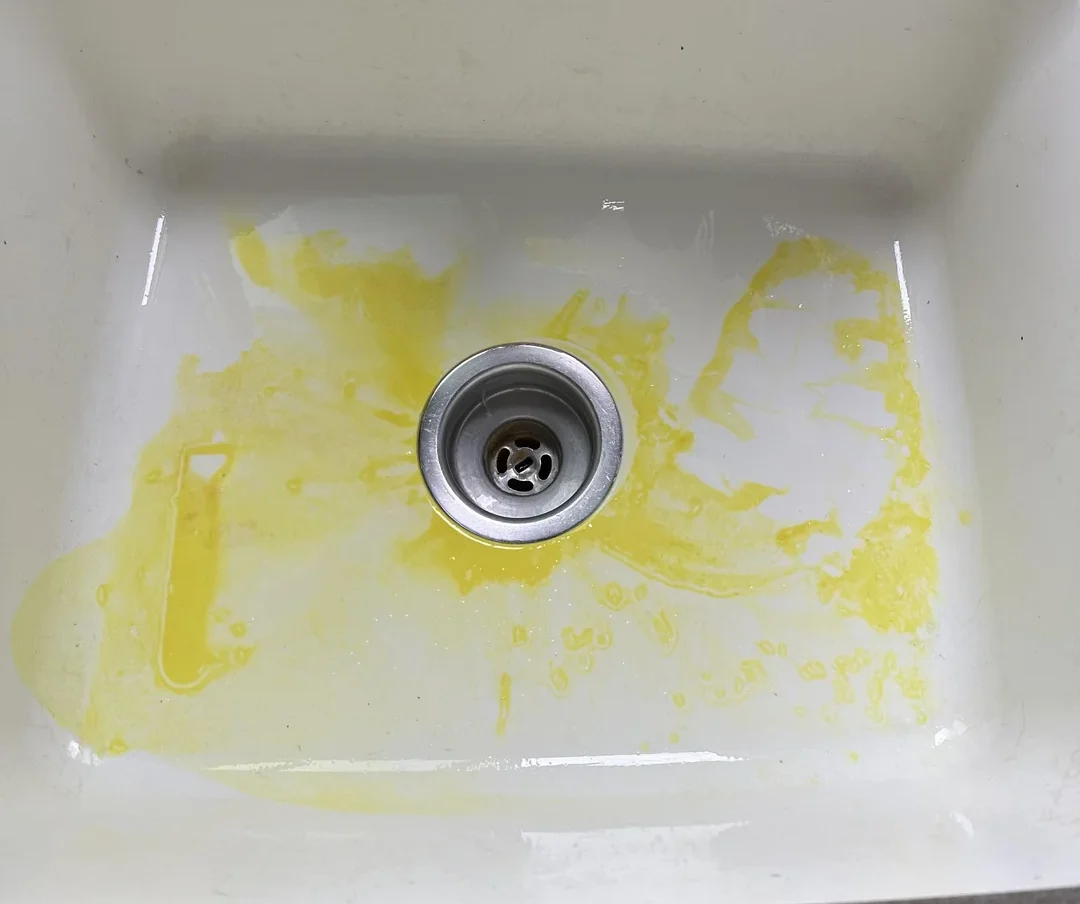Have you ever wondered what the dustiest room is in your room? We made some research asking people on social media and we figured out that the bedroom is usually the dustiest in most people’s home.
Coincidentally, my grandmother’s bedroom was always 5-10x dustier than any other room in our home.
We cleaned the house weekly-2 weeks but she just had so much dust caking everything in a week or 2.
We figured out the culprit – it was the Laundry. She’s always contributed to the house chores, so she folded ALL our laundry as it was something she could do while seated, and it didn’t aggravate her arthritis.
Granny would sit in her bedside recliner and fold the clean laundry while watching her tv shows.
You wouldn’t think folding clothes would generate that much dust, but we were able to see it one day when she was folding with the window curtains open and sunlight streaming in.
She’d often shake out the towels and blankets and fold them over in the air.
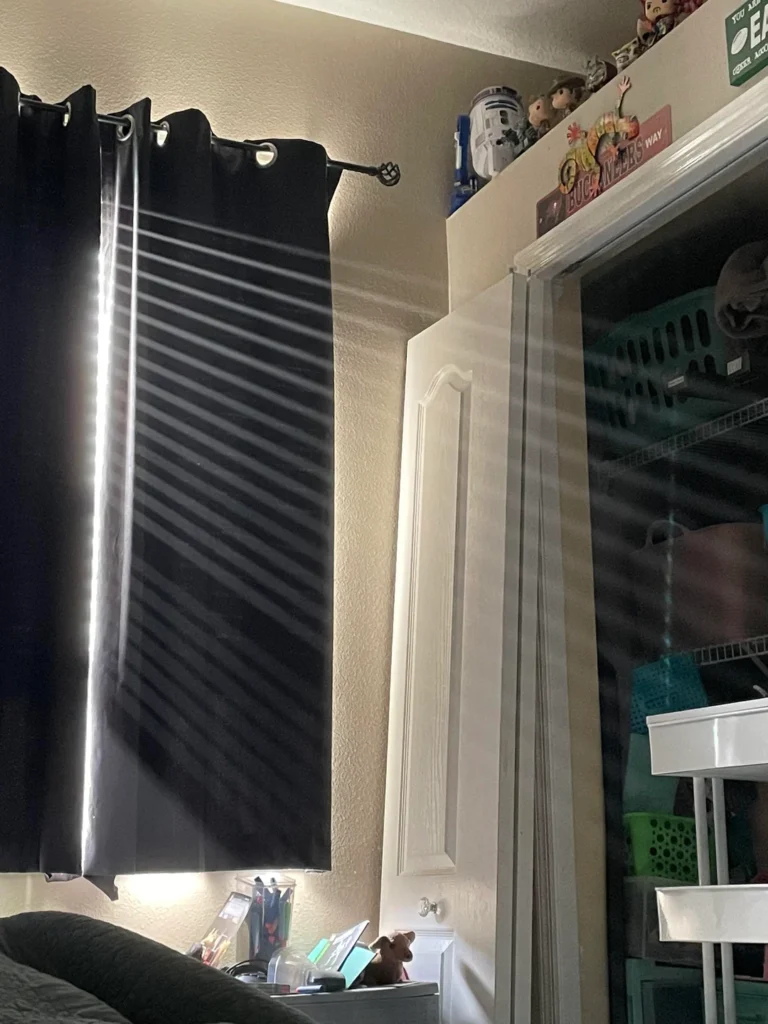
So What Happened?
As she was doing that, we could see just tons of dust being generated in the sunlight streaming from the window.
It would settle down when she paused folding, and we could see more being created when she’d grab something new to fold.
Even now in my own home, if I do a mega amount of laundry (several loads) of bedding, towels, etc., and I fold them all in one room, later on I can run a duster along the furniture and see a layer of dust.
We now use a Corsi-Rosenthal Box, provide significant reduction in the amount of virus-laden and filtration of indoor air.
It’s something really easy to make with a box fan and several air filters. It will trap dust and help reduce the amount that settles on furniture.
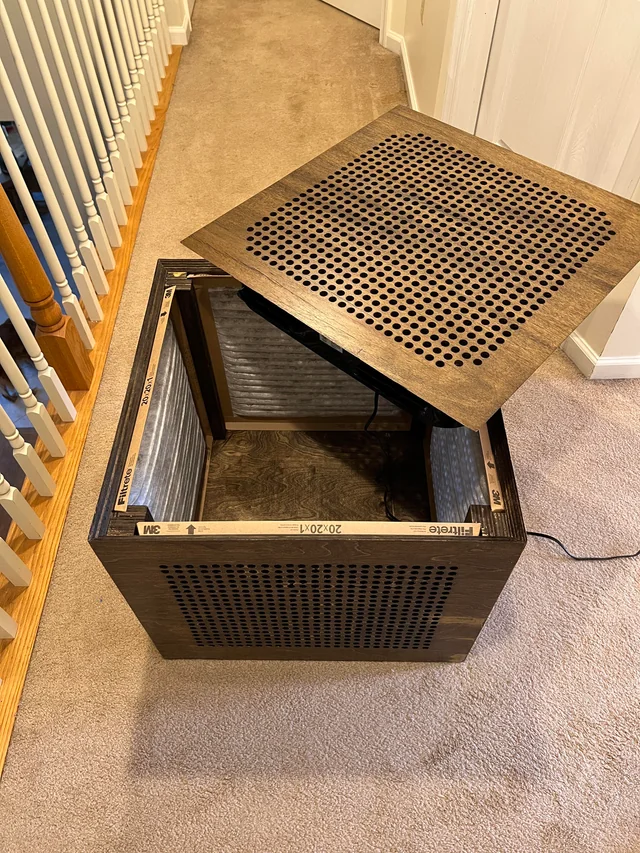
Here is the guide to creating the device.
Other Reasons why your bedroom is the dustiest room in your house
1. Bedding and mattress
If you use sheets, pillowcases and blankets, they can actually shed fibers and collect dust, especially if not washed frequently.
Mattresses too can accumulate dust mites, dead skin cells, and other allergens over time which contributes to dust buildup in the bedroom.
2. Carpets and rugs
If your bedroom has carpeting or rugs, they can trap dust and allergens, especially if not vacuumed regularly.
This is very common to most households, the rugs and carpeting accumulate lots of dusts and dirt.
3. Windows and door
Dust can enter the bedroom through open windows and doors, especially if you live in an area with high outdoor dust levels or if your home is located near construction sites or unpaved roads.
4. Clutter
Items such as clothing, books, and decorative objects can collect dust if left sitting out in the open without being regularly cleaned or moved.
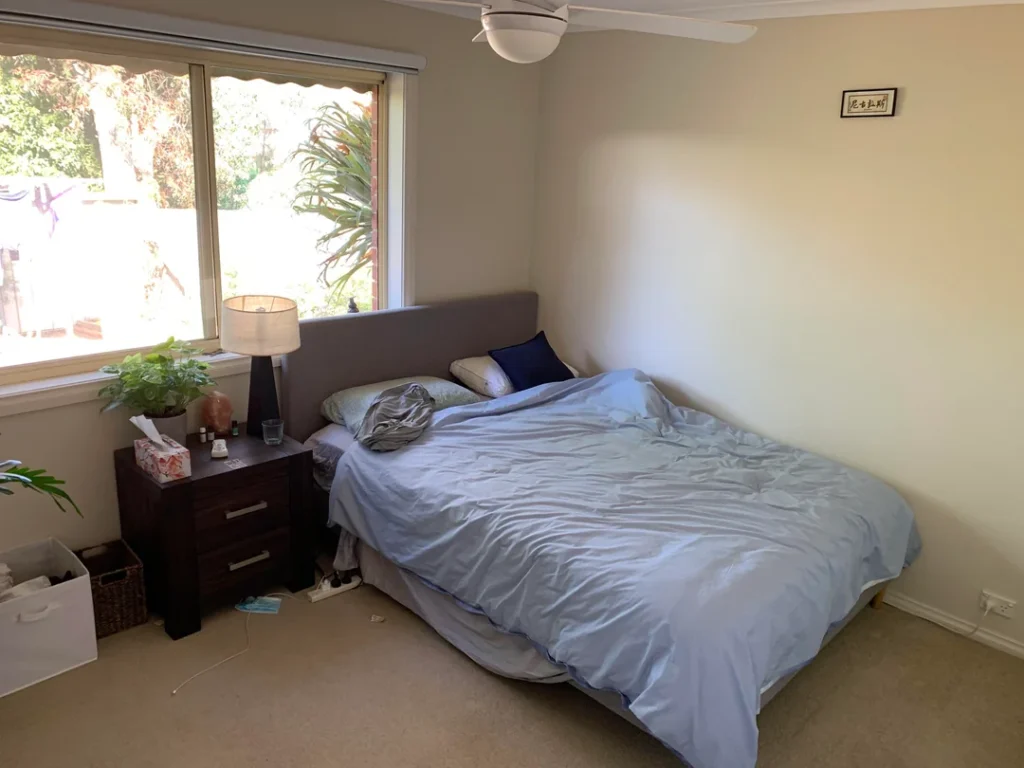
How To Declutter Your Bedroom And Reduce Dust?
Wash bedding regularly:
Wash sheets, pillowcases, and blankets in hot water once a week to remove dust, sweat, and other allergens.
Consider using allergen-proof covers for pillows and mattresses to minimize dust mites.
Vacuum frequently:
Vacuum carpets, rugs, and upholstered furniture in the bedroom at least once a week to remove dust and allergens.
Use a vacuum cleaner with a HEPA filter to trap small dust particles.
Dust surfaces:
Dust surfaces such as nightstands, dressers, shelves, and baseboards regularly using a microfiber cloth or electrostatic duster.
Pay special attention to areas where dust tends to accumulate, such as corners and crevices.
Clean windows and window treatments:
Wipe down windowsills, frames, and blinds regularly to remove dust. Wash curtains or drapes according to the manufacturer’s instructions.
Reduce clutter:
Minimize clutter in the bedroom by organizing and decluttering regularly. Store items in closed containers or drawers to prevent them from collecting dust.
Change HVAC filters:
Replace the filters in your heating, ventilation, and air conditioning (HVAC) system regularly to prevent dust from circulating throughout the room.
Kindly drop your comments and thoughts on this!

